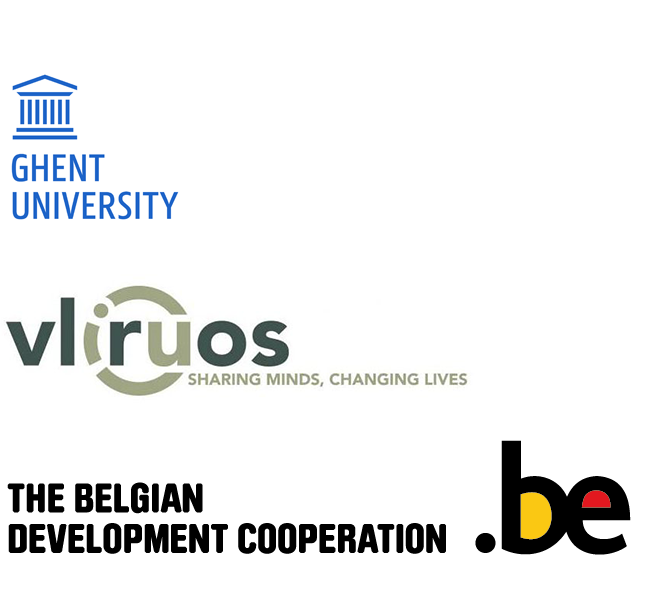Climate Resilience Project: Why Mental Health Must Feature in Adaptation and Resilience Planning
The extreme floods of summer 2021 caused hundreds of deaths and billions of euros of damage across several European countries including Belgium, Germany and the Netherlands. Yet this kind of weather event, which we currently call ‘extreme’, will likely become the ‘new normal’ within decades, according to the latest report from the Intergovernmental Panel on Climate Change (IPCC). The message is therefore clear: we must prepare NOW for more frequent and larger flooding – as well as longer droughts, hotter summers and colder winters. These preparations should variously focus on risk management, community preparedness, emergency response, insurance markets, multi-level governance, and sustainable transformations, says a new joint initiative from the United Nations University (UNU). In addition, to create hope, to build long-term resilience, and a better bond with nature, the mental health impacts of climate change must feature fundamentally in climate action planning.
The United Nations University’s Climate Resilience Initiative is an upcoming programme that aims to address this and other multidimensional barriers for transformative change, so follow us at #UNUCRI and join us in co-creating a climate-resilient future. In recognition of the cross-border effects of climate change, our institutes in Bruges (UNU-CRIS), Bonn (UNU-EHS), and Maastricht (UNU-MERIT) have joined forces to launch the ‘UNU Climate Resilience Initiative’, ahead of a dedicated Flood Knowledge Summit 2022. Working with partners across the main flood-affected countries in Europe, as well as other flood-prone areas of the world, this initiative aims to share knowledge, shape policy, and drive action – and ultimately shift the focus from passive vulnerability to pro-active adaptation, innovation and transformation. UNU led desk and field research, coupled with stakeholder consultations and fact-finding missions to develop a long-term research agenda, backed up by policy-focused output and various outreach activities in the run-up to this major Knowledge Summit 2022.
CliMigHealth is particularly involved in the part on Belgium and the Netherlands.
Project publications
Learning From European Floods 2021 Towards Resilience-Focused Recovery Pathways. Report by Nidhi Nagabhatla, Saskia E. Werners, Sisir Bhandari, Sanae Okamoto, and Serena Caucci.
The new normal of ‘Climate Grief’: Why mental health must feature in adaptation and resilience planning. Joint post by Nidhi Nagabhatla, Sanae Okamoto, and Sisir Bhandari.
Union Civil Protection Knowledge Network Newsletter – Issue 6 | October 2022.
2021 floods: UN researchers aim to better prepare for climate risks. United Nations Regional Information Centre for Western Europe.
Find the full list of UNU Climate Resilience Initiative publications here.







